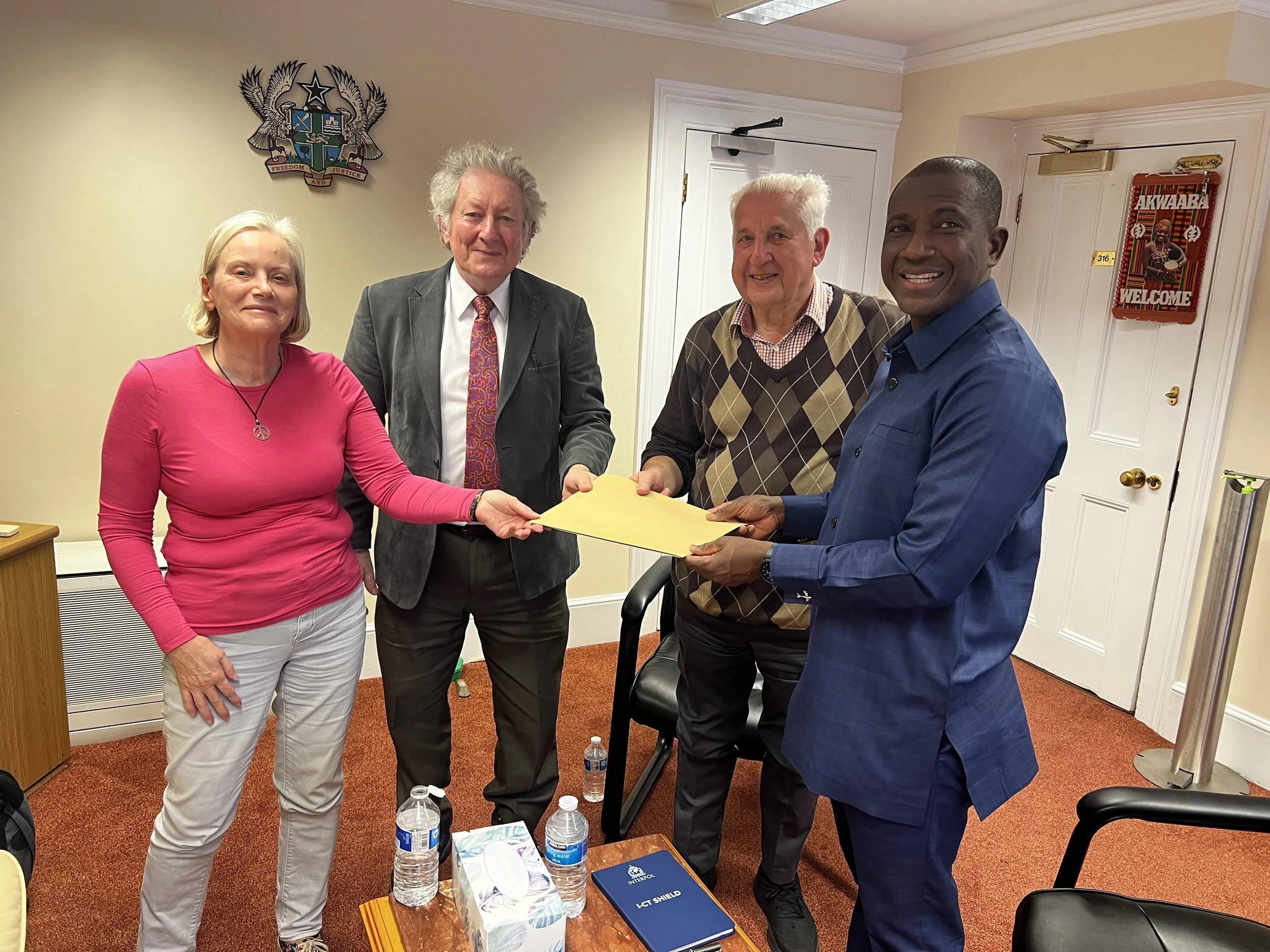London CND supported the London Peace Pagoda’s annual event, held this year via Zoom.
Programme
Welcome & Introduction - Shigeo Kobayashi (MC), JAN UK
Water Sprinkling & Blessing - Rev. Nagase Shonin, London Peace Pagoda
Chanting - Rev. Nagase Shonin
Chapter 16 Lotus Sutra - Rev. Nagase Shonin
Tibetan Traditional Chanting - Jamyang Buddhist Sangha -Geshe Tenzin Namdak
Christian Prayer - Rev. Alan Gadd, South London Interfaith Group
Speech - Bruce Kent, Vice-President of CND
Speech - Shigeo Kobayashi
Speech on Bradwell - Yuko Moriyama-Wiffen
Song for Peace - Brigette Bennett
Conclusion & Thanks - Shigeo Kobayashi
The ceremony ended with the live image of lanterns at the London Peace Pagoda.











